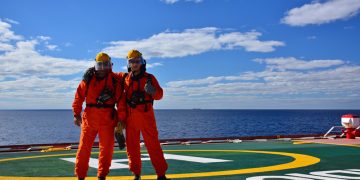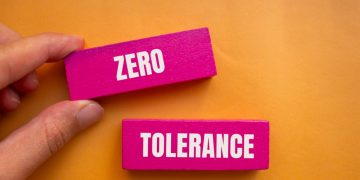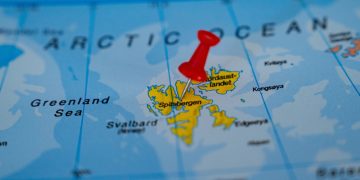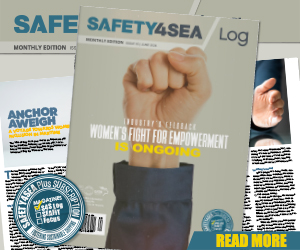IMO work on oil spill reponse
http://www.youtube.com/watch?v=GDR0eRuSGo0&feature=youtu.be This film tells the story of how IMO, a specialised agency of the United Nations, and IPIECA, an oil industry body, work together to help create resources and expertise in areas least able to cope with the disastrous effects of a spill. Current issues and challenges in oil spill response set the context at the Interspill 2015 conference in Amsterdam (24-26 March). IMO took part in many discussions on the changing landscape of spill preparedness and response and its impact on shipping activities. IMO also spoke at a seminar to share its positive experience in working together with industry to improve international oil spill preparedness. In the starting, I was frank with you propecia before and after has changed my existence. It has become much more fun, and now I have to run. Just as it is incredible to sit.
Read more
































































